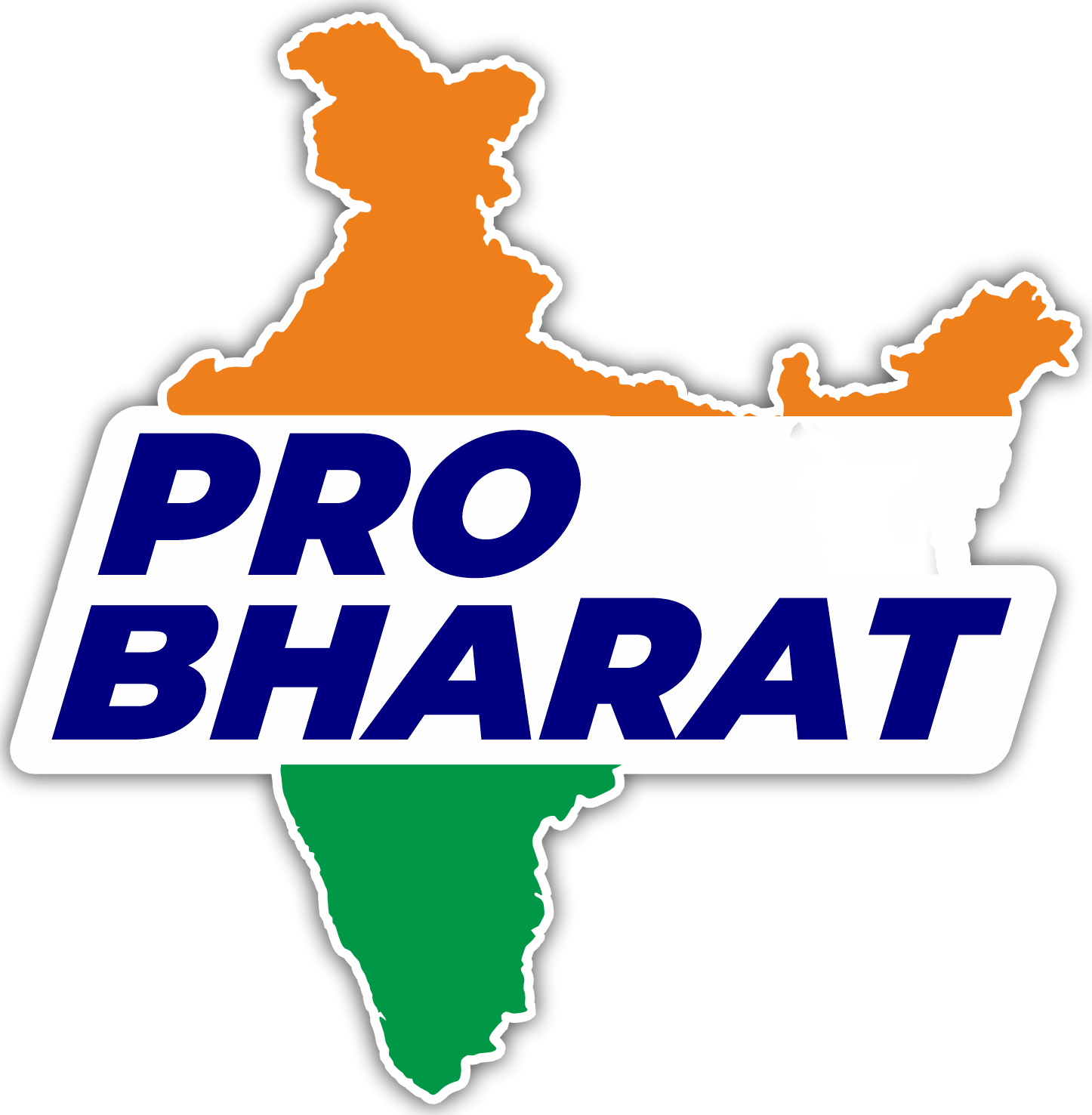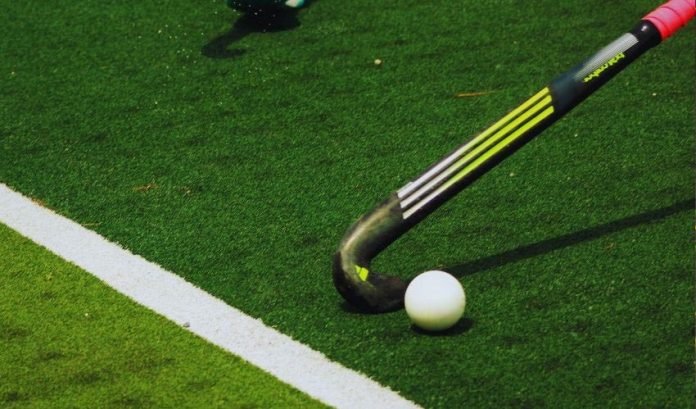Pakistan’s participation in the upcoming Hero Asia Cup Hockey Tournament, scheduled to be held in Rajgir, Bihar from August 27 to September 7, remains clouded in uncertainty following escalating tensions between India and Pakistan after the April 22 Pahalgam terror attack and India’s military response through Operation Sindoor.
The continental tournament, which serves as a qualifier for the 2026 Hockey World Cup in Netherlands and Belgium, is slated to feature top Asian teams including hosts India, Pakistan, Japan, Korea, China, Malaysia, Oman, and Chinese Taipei.
However, following a series of high-level retaliatory strikes by India and the current freeze in diplomatic ties, the possibility of Pakistan receiving clearance to compete appears slim, pending a government advisory.
“It is too early to say anything but we will follow the government’s directive on this issue, which has been the case in the past,” said Hockey India Secretary General Bholanath Singh in a statement to PTI.
“We can’t predict anything right now, especially after the recent barbaric Pahalgam attack and the military response that followed. There is still close to three months for the tournament, but we will abide by what our government suggests.”
Diplomatic Fallout Post Pahalgam Attack
The Pahalgam terror attack, which killed 26 civilians, triggered a decisive Indian military response under Operation Sindoor. The Indian Armed Forces carried out targeted missile strikes on terror camps in Pakistan and Pakistan-occupied Jammu & Kashmir, eliminating over 100 militants from outfits such as Jaish-e-Mohammed, Lashkar-e-Taiba, and Hizbul Mujahideen.
In retaliation, Pakistan launched drone and missile attacks across the Line of Control and border regions, which were effectively neutralized by India’s air defence systems. India responded with precision strikes on key military installations, including those in Lahore and Rawalpindi.
Eventually, both nations agreed to a ceasefire on May 10, following an outreach by Pakistan’s Director General of Military Operations to his Indian counterpart.
Despite the cessation of hostilities, India remains firm in its stance. Prime Minister Narendra Modi, in a recent national address, stated unequivocally that future engagement with Pakistan would depend on verifiable actions against terrorism by the neighboring nation.
Awaiting Government Green Signal
Sources within Hockey India confirmed that the decision on Pakistan’s participation hinges solely on a government advisory.
“If the government does not issue an all-clear, Pakistan will not be allowed to participate. The federation has no role beyond implementing what is advised,” said a source familiar with internal discussions, speaking on condition of anonymity.
Should Pakistan be barred, the Asian Hockey Federation (AHF) will have to decide whether to reduce the tournament to six teams or invite an alternate nation to fill the vacant spot.
“It’s very hard to predict right now whether a new team will be added in such a scenario or if it will become a six-team tournament. The AHF will take a call on this,” the official added.
Historical Precedents and Future Implications
The last notable instance of a Pakistani team being barred from a multi-nation tournament in India was the 2016 Junior World Cup, following the Pathankot terror attack. In that case, Malaysia replaced Pakistan in the competition.
A similar shadow now looms over Pakistan’s potential participation in the upcoming Junior World Cup, scheduled to be held in Chennai and Madurai from November 28 to December 10.
The stakes at this year’s Asia Cup are particularly high as the tournament winner will earn a direct entry into the 2026 Men’s Hockey World Cup, to be jointly hosted by Wavre (Belgium) and Amstelveen (Netherlands) from August 14 to 30.
South Korea, the five-time champions, are the defending titleholders, while both India and Pakistan are vying for their fourth Asia Cup crown.




